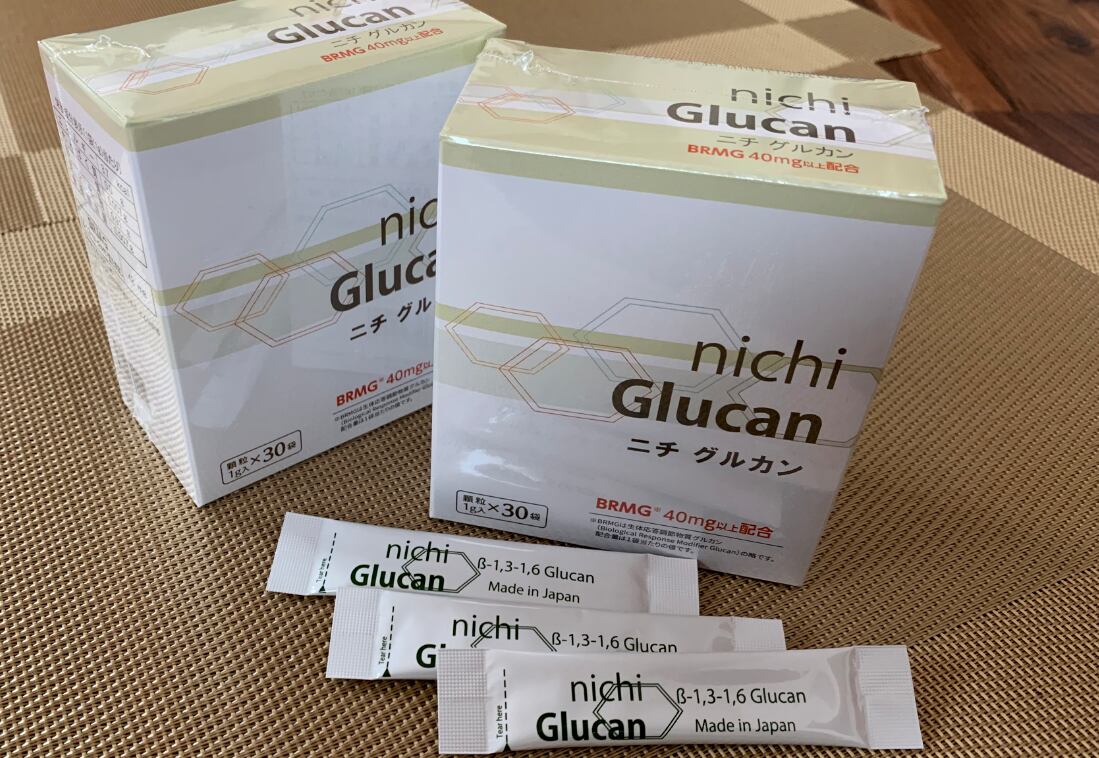The conclusion was based on a clinical trial involving elderly women as well as a series of mice studies.
Writing in Cell Reports, the researchers said that in order to increase muscle mass, eating a lower amount of protein at breakfast was more effective than eating a higher amount of protein at dinner.
This was seen in a mice study, where a lower protein intake (8.5 per cent protein diet) during breakfast led to muscle leg growth that was 17 per cent higher than a higher protein intake (11.5 per cent protein diet) at dinner.
“In our study, feeding a high-protein meal in the late active phase (defined as dinner) attenuated muscle hypertrophy in mice.
“In comparison, mice that were fed a high-protein meal at the early active phase (defined as breakfast) showed the highest response of muscle hypertrophy to overloading,” the researchers led by Professor Shigenobu Shibata said.
“Protein-rich diet at an early phase of the daily active period, that is at breakfast, is important to maintain skeletal muscle health and enhance muscle volume and grip strength,” Professor Shibata added.
This is due to the body’s internal biological clock – also known as the circadian rhythm – which controls life functions such as metabolism and growth.
This means that protein digestion and absorption fluctuate throughout the day and night based on the body clock.
As such, the muscle-building benefits of consuming protein at breakfast were not observed in mice with a disrupted biological clock.
The findings further contribute to the concept of chrono-nutrition, which is how the timing of food and nutrient intake could lead to different biological effects.
On the other hand, the researchers confirmed in the mice studies that branched-chain amino acids (BCAAs) – which are already known for activating muscle growth – best exert its functions when consumed in the morning.
Interestingly, no time-dependent muscle building effect was observed in non-BCAAs amino acids.
“This indicates that BCAAs play an important role in the distribution-dependent hypertrophic effects of dietary proteins,” the researchers said.
Human study
Similar findings were seen in a human study involved 60 healthy, non-sarcopenic women aged 65 and above.
The study is based on a food frequency questionnaire, where the participants were grouped according to the amount of protein consumed at different timings.
Of which, 18 consumed more protein at breakfast and 42 consumed more at dinner. Both groups consumed nearly 80g of protein per day – higher than Japan’s recommended dietary allowance (RDA) for elderly women.
Analysis showed that muscle mass tended to be higher in those who ate more protein at breakfast.
“The skeletal muscle index (SMI) and grip strength were significantly higher in the B (breakfast) protein group than in the D (dinner) protein group.
“Furthermore, a significant positive correlation was observed between SMI and the percentage of breakfast protein intake relative to total protein intake.
“These data were similar to the results of our animal study, suggesting that protein intake at the early active phase or breakfast could be effective for muscle growth and/or maintenance in humans,” the researchers said.
With the findings, Professor Shibata hopes that this will lead to a widespread modification in the current diet regime - where people generally consume lower amounts of protein at breakfast.
“For humans, in general, the protein intake at breakfast averages about 15 grams, which is less than what we consume at dinner, which is roughly 28 grams. Our findings strongly support changing this norm and consuming more protein at breakfast or morning snacking time,” he said.
As for future studies, the researchers said focus could be on the sarcopenic patients, as well as examining the effect of long-term protein intake at breakfast or dinner on muscle mass.
Source: Cell Reports
Distribution of dietary protein intake in daily meals influences skeletal muscle hypertrophy via the muscle clock
https://doi.org/10.1016/j.celrep.2021.109336
Authors: Shigenobu Shibata et al





